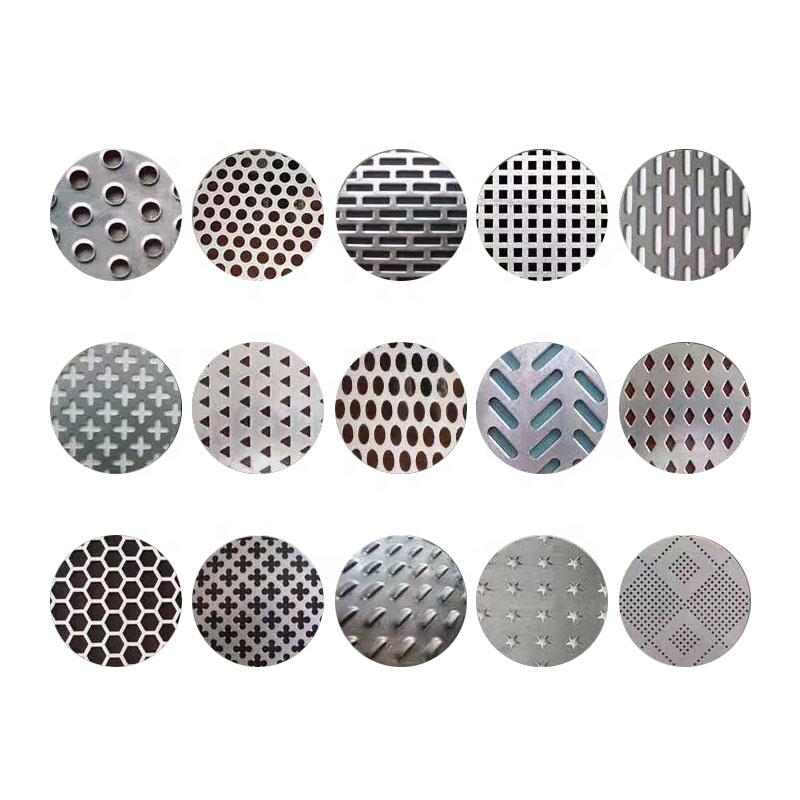Types of Mesh Fencing A Comprehensive Overview
Mesh fencing is a popular choice for both residential and commercial properties, offering durability, security, and aesthetic appeal. Available in various types, each mesh fencing solution serves unique purposes and can be tailored to fit different environments and needs. In this article, we will explore the various types of mesh fencing, outlining their characteristics, benefits, and ideal applications.
1. Welded Wire Fencing
Welded wire fencing is created by welding horizontal and vertical wires together, forming a rigid grid. This type of mesh fencing is widely used for agricultural purposes, residential properties, and industrial sites. The welded wire offers high strength, making it ideal for keeping pets and livestock contained. The spacing of the wires can be customized, providing added security against smaller animals. Its galvanized steel construction prevents rust and corrosion, ensuring longevity.
2. Chain Link Fencing
Chain link fencing is perhaps the most recognizable type of mesh fencing. Made from interlocking steel wires, it creates a diamond-shaped pattern that is both effective and economical. Chain link fences are particularly popular for their versatility and ease of installation. They are often used in residential backyards, schools, parks, and commercial properties for security purposes. One notable advantage of chain link fencing is its transparency, allowing for visibility without sacrificing security. In addition, it can be coated in vinyl for added weather resistance and aesthetic appeal.
3
. Hexagonal Wire FencingHexagonal wire fencing, also known as poultry netting, features a hexagonal mesh pattern that is commonly used for specific applications, such as poultry enclosures, garden fencing, and small animal enclosures. This type is made from lighter gauge wire, making it easier to handle and install. While it may not provide the same level of security as welded or chain link fencing, hexagonal wire fencing is an economical solution for keeping smaller animals protected while allowing air and light to penetrate through the mesh.
types of mesh fencing

4. Electric Fencing
Electric fencing combines traditional fencing materials with a highly effective electric charge to deter intrusion. It is commonly used in agricultural settings to contain livestock or deer while providing an additional layer of protection. Electric mesh fencing consists of wires that carry a harmless electric charge, effectively shocking any animal or person who attempts to breach the perimeter. Electric fencing can be used in conjunction with other types of barriers for enhanced effectiveness. However, it is crucial to follow safety guidelines and local regulations to ensure proper usage and maintenance.
5. Composite Fencing
Composite fencing combines various materials, primarily plastic and wood, to create a robust and aesthetically pleasing fencing solution. While not a traditional wire mesh, composite fencing may include mesh elements for additional strength and airflow. This type of fencing is an excellent choice for homeowners seeking durability and low maintenance, as it is resistant to rot, decay, and insect damage. Moreover, composite fencing is available in various colors and designs, offering an attractive alternative to conventional mesh fencing.
6. Stainless Steel Fencing
Stainless steel mesh fencing is a premium option that provides both durability and resistance to corrosion. Ideal for coastal areas and environments with high humidity, stainless steel fencing maintains its integrity even in challenging conditions. This type of fencing is often used in commercial applications, such as warehouses, factories, and outdoor sports facilities, where a strong and secure perimeter is essential. Although it tends to be higher in cost than other types of mesh fencing, the long-term benefits justify the investment.
Conclusion
Choosing the right type of mesh fencing depends on the specific needs and requirements of your property. Factors such as budget, purpose, durability, and aesthetic appeal all play critical roles in the decision-making process. From welded wire fencing providing sturdy protection to the economical hexagonal wire fencing suitable for smaller animals, there is a diverse range of options available. Understanding the characteristics and benefits of each type can help property owners make informed decisions that ensure both security and satisfaction. Regardless of the choice, quality installation and maintenance remain crucial for maximizing the lifespan and effectiveness of any mesh fencing system.
-
The Strength and Versatility of Aluminum Expanded Metal Mesh
NewsJun.10,2025
-
Safety Guards and Machine Enclosures Using Expanded Mesh
NewsJun.10,2025
-
Performance with Round Hole Perforated Mesh in Wall Panels
NewsJun.10,2025
-
How Steel Grating Trench Covers Distribute Weight Efficiently
NewsJun.10,2025
-
How Deck Mesh Railing Enhances Backyard Aesthetics
NewsJun.10,2025
-
Comparing Bar Thickness and Spacing in Steel Grating
NewsJun.10,2025
Subscribe now!
Stay up to date with the latest on Fry Steeland industry news.

